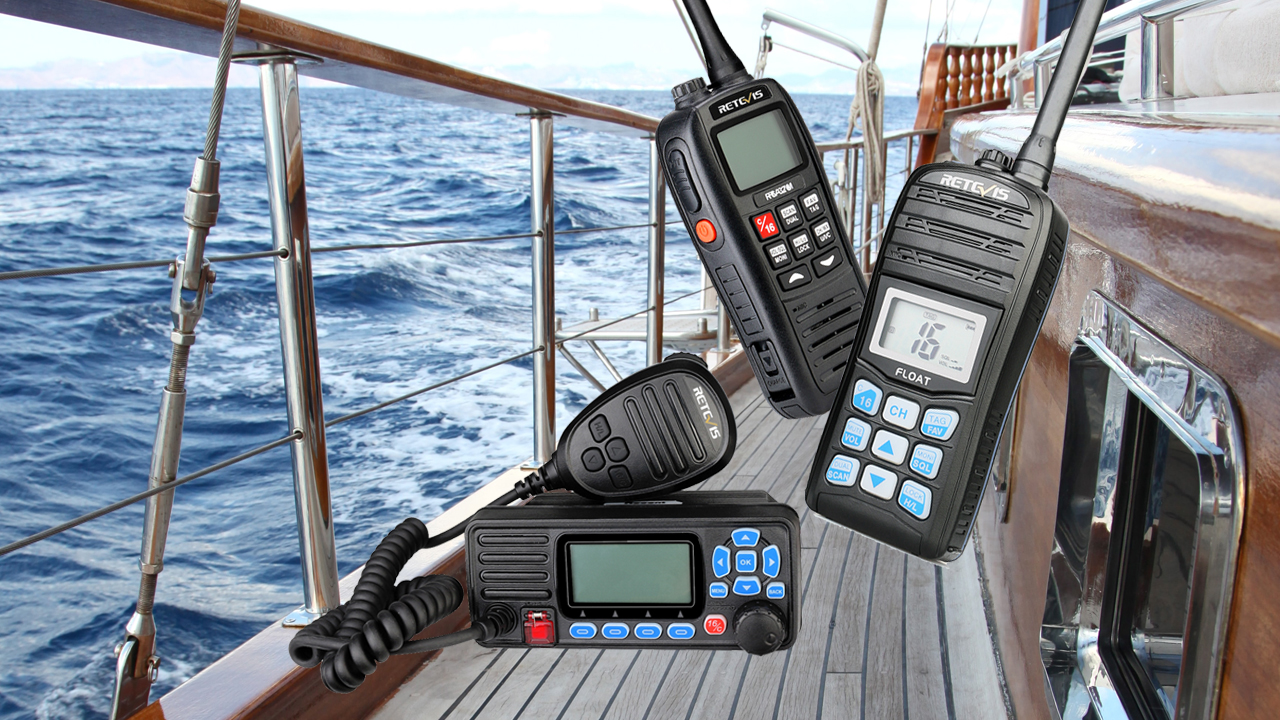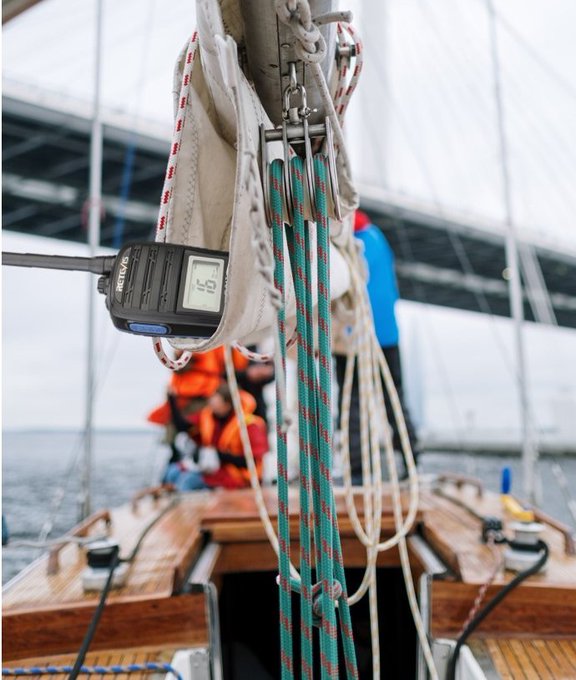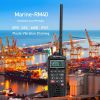Guidance For Marine Radio Distress

The Royal Yachting Association (RYA) has recently published guidance about marine radio distress relays on their website. The changes follow on from a consultation between the Maritime and Coastguard Agency (MCA), the Association of Marine Electronic and Radio Colleges (AMERC) and the RYA itself. As a result, the RYA has issued revised guidance regarding the procedure for sending a ‘Distress Relay’.
‘In a relay situation, there is no longer a requirement to send a DSC ‘Urgency Announcement’. The ‘Mayday Relay’ voice call remains unchanged and should still be transmitted as normal.

If distress is received by DSC or voice, the skipper of a vessel should act as follows:
- Wait five minutesfor the distress to be acknowledged by the Coastguard or another vessel.
- If no acknowledgment or distress working is heard, send a ‘Received Mayday’ voice call to the station in distress, then:
- Relay the distress message to the nearest Coastguard which may be by any means, but should primarily be sent using a ‘Mayday Relay’ voice call addressed to the specific Coastguard station followed by a repetition of the original ‘Mayday message’.
- The Coastguard should respond and take over distress working and co-ordinate the assistance.
- If unable to contact a Coastguard station, send a ‘Mayday Relay’ call, addressed to ‘All Stations’, followed by the repetition of the original ‘Mayday message’. You should then prepare to co-ordinate the assistance to the vessel in distress between yourself and any other vessels in the vicinity.

The same approach, starting at step 3, should be taken if you believe another vessel, aircraft, person or vehicle is in distress and unable to transmit its own distress signal.’
If you want to know more information about VHF marine radio, please comment or email us: info@retevismarine.com.






